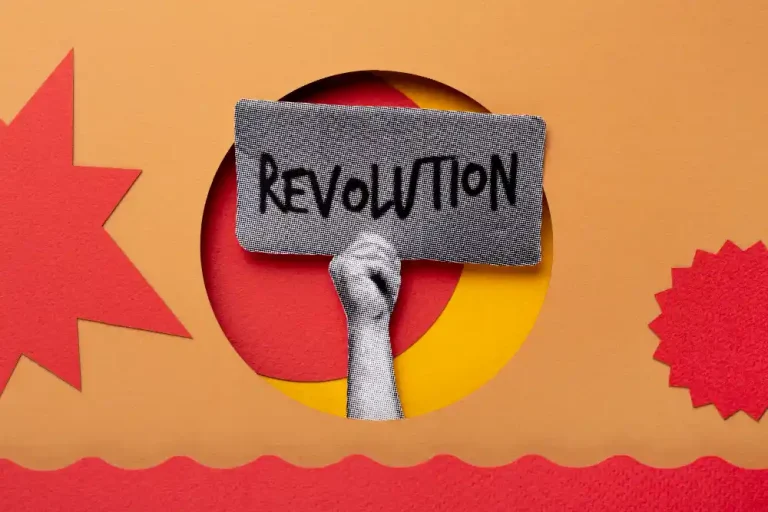Problem: Why People Ignore AQI Until It Hurts
Every morning, millions of Indians check cricket scores, weather, or share market updates — but very few check the AQI (Air Quality Index).
That’s strange because, according to IQAir’s 2025 report, India ranks among the top 10 most polluted countries, with Delhi, Ghaziabad, and Lucknow showing “Severe” levels many days of the year.
Yet, many people still breathe this air like it’s normal.
Our ignorance is not just casual — it’s collective negligence.
The government spends crores on air monitoring stations, but citizens hardly care. Schools continue outdoor sports when AQI crosses 300.
We all wait for someone else to act first.
Process to the Solution: How to Check AQI in Your Area
It’s actually easy to stay aware — just like checking your weather.
Here’s how:
- Use Real-Time AQI Apps or Websites:
https://app.cpcb.gov.in/ccr/#/caaqm-dashboard-all/caaqm-landing (Central Pollution Control Board of India)
Understand the Scale:
0–50 → Good
51–100 → Moderate
101–200 → Poor
201–300 → Very Poor
301–400 → Severe
401+ → Hazardous
Track Patterns:
Morning AQI often spikes because of vehicle emissions and dust.
During festivals or winters, AQI worsens due to fireworks or crop burning.
Solution: From Awareness to Civic Sense

Checking AQI is not the end. It’s the start of civic responsibility.
If schools begin daily AQI announcements along with the assembly news, children learn early that “breathing clean air” is a human right — not a luxury.
Parents can question schools, offices, and governments when the air gets toxic.
When voters know the data, illiterate or careless leaders lose power automatically.
Report: How Awareness Connects to Tax & Responsibility
India collects crores every year in green tax, vehicle cess, and pollution control funds, yet most people don’t even ask where it goes.
According to a 2024 government budget report, only 41% of taxpayers understand how their tax benefits are used, and less than 15% know how much is allocated to clean air projects.
That’s why civic knowledge must grow — not just literacy.
If citizens question the use of their tax, governments will be forced to deliver cleaner policies and stricter pollution control.
Good Impact: What Happens When People Get Involved
When AQI awareness spreads, good things happen fast:
Local monitoring leads to public pressure on industries.
Governments start releasing daily air bulletins.
Citizens begin using eco-friendly transport, switching to electric vehicles, or supporting cleaner fuels.
Once voters care about air, no politician can ignore it.
